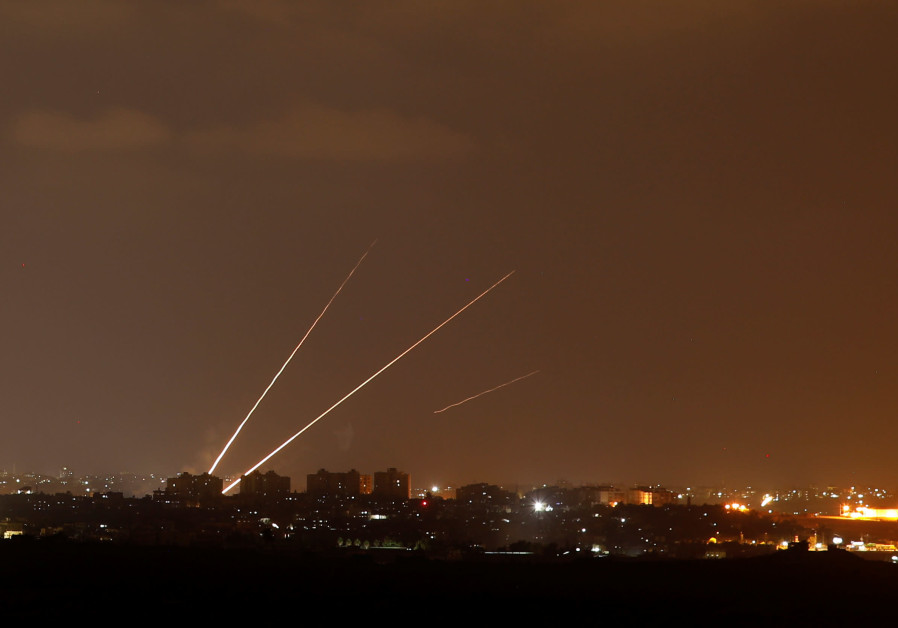Abbas refused to meet official – Next 48 hours critical

Egyptian efforts to broker a cease-fire in the Gaza Strip shifted into high gear over the last two days as Egyptian intelligence chief Maj.-Gen. Abbas Kamel held talks on Wednesday with Prime Minister Benjamin Netanyahu to lock down the deal, though Palestinian Authority President Mahmoud Abbas refused to meet him on Thursday.
Abbas is reportedly furious at the deal, fearing it will concertize and give international legitimacy to the split between the West Bank and Gaza, and make extending the Palestinian Authority’s control over the coastal enclave even more difficult.
Reuters quoted an Egyptian security source as saying that Cairo was “putting the final touches to the terms of the truce that will be signed by all sides, and we expect to announce the terms next week if Fatah helps us to do so.”
According to the source, the cease-fire will include a period of calm for one year, “during which contacts will be held to extend it for another four years.” Negotiations over the return of the bodies of the IDF soldiers, and the two Israeli civilians held by Hamas, would be held during those talks.
In lieu of any of any authorized information on the arrangements coming out of Jerusalem, much of the information about the nature of the deal on Thursday came from the Arabic media.
For instance, Beirut’s Hezbollah-affiliated Al Mayadeen TV reported that the deal involves a Cyprus-Gaza sea corridor, which would be under Israeli supervision.
In addition, the report said Qatar would help pay both Hamas salaries and for the Gaza Strip’s electric bill, payments that were in the past borne by the Palestinian Authority, but which Abbas cut off in an effort to pry Gaza free of Hamas control.
The next 48 hours, according to the report, will be critical.
An earlier report in the London-based pan-Arabic Al-Hayat newspaper said that Kamel’s discussions in Israel centered on Israel’s approval of the truce, the approval of humanitarian projects in Gaza, and later indirect negotiations with Hamas over the return of the bodies of the soldiers and the release of the civilians.
The report also said Kamel’s visit comes as two high-level delegations from Hamas and Islamic Jihad were in Cairo, along with delegations from a number of smaller Palestinian factions.
As reported by The Jerusalem Post
